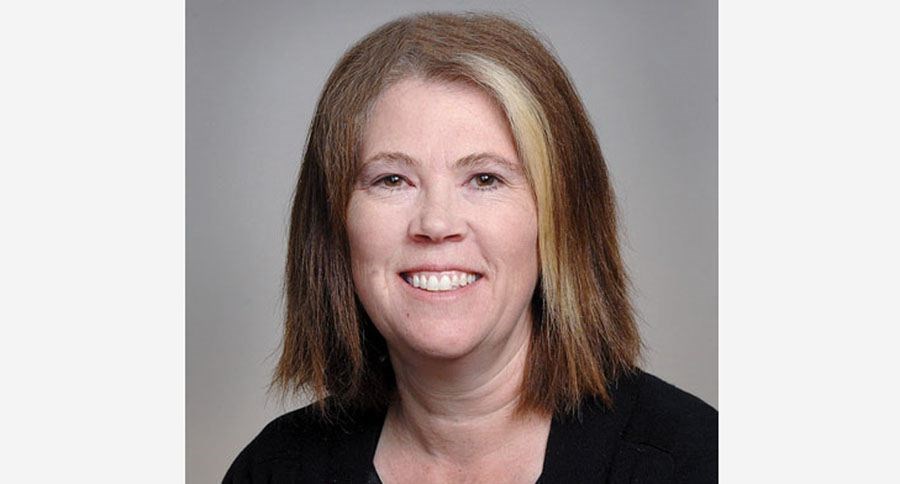In the television series, The West Wing, there is a flash back scene in which Josh Lyman, the character that would later become the deputy chief of staff, is attending a traditional, so-called rubber chicken political fund raising dinner. He is there to hear Jed Bartlet who is an outside (very outside) hopeful for the presidential nomination for the Democratic Party. The usual political speech is being given. The candidate is saying some things that are above the head of the polite but otherwise disinterested diners who have moved on to the red Jello dessert. Josh has even turned his interest to a crossword puzzle.
But then something happens... A dairy farmer in the crowd stands up and says: "Governor Bartlet, when you were a member of Congress, you voted against the New England Dairy Farming Compact. That vote hurt me sir. I'm a businessman. That vote hurt me to the tune of maybe, 10 cents a gallon. I voted for you three times for Congress. I voted for you twice for Governor. And I'm here sir, and I'd like to ask you for an explanation."
Bartlet pauses and then, in that moment, decides to say what the farmer does not want to hear in language not suited to a political candidate: "Yeah, I screwed you on that one...I screwed you. You got hosed.... And not just you. A lot of my constituents. I put the hammer to farms in Concord, Salem, Laconia, and Elem. You guys got rogered but good. Today, for the first time in history, one in five Americans living in poverty are children. One in five children live in the most abject, dangerous, hopeless, backbreaking, gut wrenching, poverty, one in five, and they're children. If fidelity to freedom and democracy is the code of our civic religion then surely, the code of our humanity is faithful service to that unwritten commandment that says "We shall give our children better than we ourselves had." I voted against the bill 'cause I didn't want it to be hard for people to buy milk. I stopped some money from flowing into your pocket. If that angers you, if you resent me, I completely respect that, but if you expect anything different from the President of the United States, I suggest you vote for somebody else. Thanks very much. Hope you enjoyed the chicken."
Last week I joined the plea of the Prince George Citizen to all eligible voters to vote in the upcoming municipal election. I suggested that municipal elections are hard work for voters because we really have to get to know the candidates as individuals. I think that The West Wing story is a good illustration of the moment that we all hope for in an election campaign. Every thoughtful voter should applaud the moment when a candidate is willing to be honest about the complexities of political decision making. There is nothing more refreshing and rare than when a candidate stops reading the prepared speaking notes.
The fact is we should work as a collect civil society to write the interview questions for our potential candidate. I don't want to hear what the candidate thinks I want to hear. I want the candidate to consider the complexity of their potential role. I want the candidate to provide evidence that they can make difficult decisions based on principles. If I could suggest a few questions I would ask the candidate to describe a time when they have had to weigh the pros and cons of a decision. What factors did they take into account to make their decision? What evidence did they use to help them make a decision? How did they work with other individuals to consider the opinion of others? How did they communicate their decision to people that were not involved at the decision-making table? I would also choose not to ask the questions that can lead to "empty" answers. For example, don't ask: "What challenges will Prince George face in the next five to ten years." The answer to a question like this is usually something like: "The economy." This is a not a useful answer. Of course the economy will be an issue but what does that mean for governing a city?
In any political setting the easy thing to do is to repeat the sound bite. The hard thing to do is to frame out one's principles and then to live by them.



